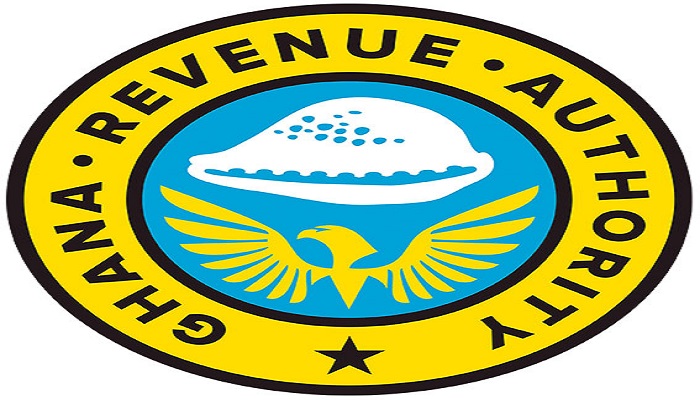Effective April 1, 2018, banks, the Passport Office, the DVLA, the Registrar General’s Department, among other offices will not transact business with any individual who does not have a Tax Identification Number (TIN).
This is because the Ghana Revenue Authority (GRA) will be enforcing the implementation of the policy from April to allow taxpayers comply with the directive.
According to the GRA, ample time has been given to allow individuals acquire a TIN.
The TIN is a unique Identification Number issued to taxpayers for official transactions.
The GRA is using it as a tool to broaden the country’s tax net which is the number of persons who are entitled to pay tax.
Speaking to Citi Business News on the matter, Principal Revenue Officer at the GRA, Lawrence Hotsonyame advised Ghanaians to heed to the deadline set by the GRA.
“So the Commissioner General of Ghana Revenue Authority is sending out a message that all taxpayers and potential taxpayers who don’t have their Tax Identification Numbers should get to the nearest GRA office and have them generated”.
“It has become very necessary in accordance with the provision of the Revenue Administration Act which requires all persons who do business in this country, taxpayers and potential taxpayers should have their TINs to be able to conduct official business in this country,” he stressed.
Issuance of TIN
All persons liable to pay tax, or from whom taxes are withheld at source by employers or agents through payroll deductions and /or other business transactions under any enactment are required to register.
Application for Issue of TIN
Every person liable to pay tax or required to withhold tax at source under any enactment shall apply in a form prescribed by the designated Public Office.
Specified transactions that require TIN
A person shall not be permitted to undertake the under listed activities without use of a TIN (a) to clear any goods in commercial quantities from any port or factory (b) to register any title to land, interest in land or any document affecting land (c) to obtain any Tax Clearance Certificate from the Internal Revenue Service, Customs Excise and Preventive Service or the Value Added Tax Service. (d) to obtain a Certificate to commence business or a business permit issued by the Registrar-General or a District Assembly (e) to receive payment from the Controller and Accountant General or a District Assembly in respect of a contract for the supply of any goods or provision of any services.
Meanwhile, Mr Hotsonyame warned that it is illegal to acquire two TIN numbers and persons who do so will be dealt with according to the law.
“It is an offence for a person to be able to generate more than a TIN because the law says that every person should have one TIN, there is a specific section under the law says that you are providing the Commissioner General with false and misleading information if you have two TIN numbers
Source: citifmonline.com














